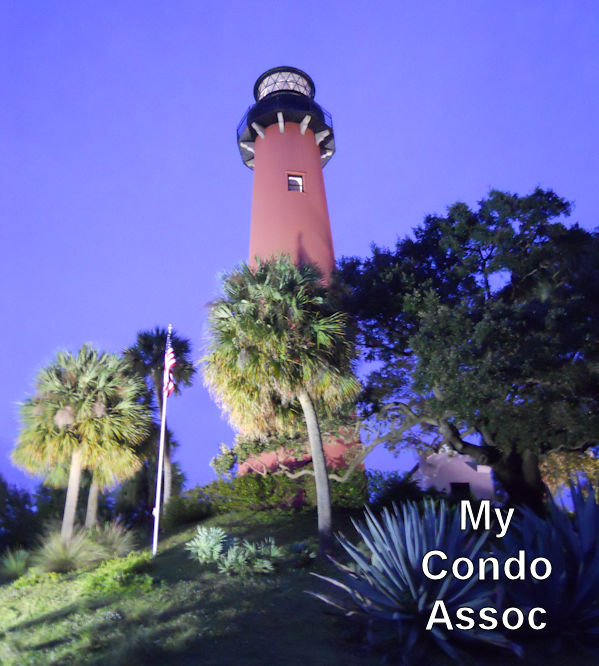My Condo Association's Frequently Asked Questions & Answers
Per Florida Statute 718.503(2)(a), each prospective purchaser who has entered into a contract for the purchase of a condominium unit is entitled, at the seller’s expense, to a current copy of the declaration of condominium, articles of incorporation of the association, bylaws and rules of the association, financial information required by s. 718.111, and the document entitled “Frequently Asked Questions and Answers [FAQ]” required by s. 718.504.
Following is an example of FAQ’s for the fictitious My Condo Association:
A. The owner of each dwelling unit is entitled to one (1) vote as a member of the Association. Section 3.5(c) of the By-Laws requires that where a unit is owned by more than one person, the person entitled to cast the vote for the unit shall be designated by a certificate signed by all of the record owners of the unit and filed with the Secretary of the Association. If the unit is owned by a corporation, the person entitled to cast the vote for the unit shall be designated by a certificate, signed by the appropriate officer, and filed with the Secretary of the Association. Section 3.6 of the By-Laws provides that an owner may vote in person or by proxy, subject to the restrictions contained in the Condominium Act and the Condominium Documents.
A. My Condominium Association consists of eight (8) different associations, each with its own Declaration of Condominium. Each Declaration contains restrictions concerning the use of units. These restrictions address the following: 1) unit occupancy & subdividing, 2) common elements, 3) recreational facilities, 4) loud vehicles or machines, 5) nuisances, 6) lawful use, 7) window colors, 8) owner guests, and 9) pets. The Association’s Rules and Regulations provide further information regarding the use of units.
A. Leasing or renting of a condominium unit by a unit owner is permitted. All leases must be in writing and filed with the Association prior to occupancy by the tenant, and parking permits are required for all vehicles that park overnight on Association property. Except for the North G Association, there are few rental restrictions. Paragraphs 28, 29 and 30 of the Association’s Rules & Regulations provide specific information regarding the leasing of units.
A. The Association’s annual budget determines quarterly maintenance assessments for each of the eight individual associations. All units within a condominium are assessed the same amount regardless of unit size or structure. Maintenance fees are published with the annual budget and posted on the Association’s website. They are also provided on payment coupons and automatically updated each year for owners participating in EFT direct debits. Assessments are payable quarterly and due on the first day of each quarter. Payments received after the 10th day of each quarter incur late fees and interest.
A. Ownership of a unit in any of the Condominiums operated by the Association does not require you to be a member of any other association. All unit owners have full access to the community common areas including all recreational facilities.
A. No, None.
A. No, None.
